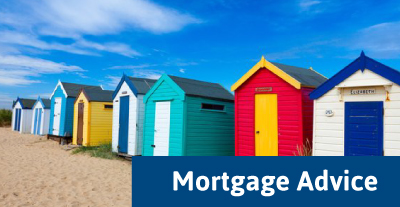About Us | Our Approach | Testimonials | Our Blog | Contact Us
About Us | Our Approach | Testimonials | Our Blog | Contact Us

Becoming a homeowner for the first time can be both exciting and daunting. Very few first time buyers will buy a property outright. Most people rely on a mortgage to help them buy a home, which is a loan secured against a property.
Having a mortgage means that:
• you borrow money to buy a property
• you repay your mortgage over an agreed period of time depending on your needs and circumstances.
When you start looking for a mortgage the choice can be bewildering. The main factors that will influence your choice of mortgage are:
• the amount you need to borrow
• the deposit you have
• the amount you can afford in monthly repayments.
As a first-time buyer, the most important thing to bear in mind when buying your first home is whether you can really afford it.
You do not want to live in poverty because you have over extended yourself and cannot afford to spend any money except on your mortgage and your bills. So it is vital that you put together an accurate budget showing all your costs so you know how much you can realistically afford.
Lenders must now check that you can afford the mortgage and also 'stress test' your ability to make your payments if interest rates were to rise or your circumstances changed.
When deciding how much to lend you, lenders will take your income and all your outgoings into account. To prove your income, you may have to produce payslips and bank statements and the self-employed could be asked for tax returns and business accounts prepared by an accountant. Details of your outgoings include debts, household bills and other living costs such as clothing, child care and travel costs.
After its review of the mortgage market known as the Mortgage Market Review (MMR), the financial regulator has introduced new rules to increase consumer protection and ensure that lenders act responsibly. This means that there are now stricter checks when you apply for a mortgage.



